Am avut onoarea sa-l cunoastem pe Dean Thompson, noul Charge d’Affaires al Statelor Unite ale Americii in Romania si nu am putut sa nu-i filmam povestea. Este un om desosebit, cu un spirit de invingator, care a plecat de jos (bunicul lui a fost om de serviciu intr-un liceu american de provincie) si a reusit in viata prin mult efort si ambitie, un “true American”.
Urmareste-i povestea inspirationala, unde vei afla trecutul familiei sale si cum experientele parintilor sai l-au motivat sa ajunga si mai departe decat au reusit ei sau cum educatia a fost intotdeauna a parte foarte importanta in evolutia fiecarui membru din familie. Afla cum de la o pasiune a ajuns sa faca o cariera diplomatica, care este motto-ul lui in viata, cum reuseste sa motiveze oamenii pe care ii conduce si ce sfat da in special tinerilor din Romania.
“Buna ziua si Multumesc frumos pentru ocazie. Ma bucur sa vorbesc cu tine si pentru ca avem putin timp, voi vorbi in limba engleza.” Asa si-a inceput interviul Dean Thompson, in limba romana.
“My name is Dean Thompson. I’m the Charge d’Affaires at the US Embassy in Bucharest. I’ve been here, in Bucharest, for about 3 months now, I’ve been a US diplomat for almost 21 years. Frankly it’s one of the most exciting journeys I could’ve imagine of my life.
I’ve grew up not so far away outside Washington DC, my father was working in International Affairs, Private sector, with educational exchanges, my mother was a house wife, but then, as my sister and I grew older, become a entrepreneur. She started her own business. In the United States we’ve had an aging population, and more and more services required for the elders, so my mother started a business to help provide some of those services and eventually employed about 25 nurses and different care providers as she grew her business. So I was very fortuned I’ve grew up in a very nice home, with a nice family, which was very supporting of me and encourage me to do well in school, pursue my dreams.
It’s an honor for me at this stage in my life to be able to represent my country, live in a beautiful country like Romania and share some of my experience with people, as I move around.
My parents were both from the state of Michigan which is one of the northern states in the US. My grandfather on my mother’s side was a janitor in a College there, my other grandfather owned a small general store. My parents were both the first people from their respected families to go on to College. Education was an extraordinary important part of growing up in our home and I’m very grateful for that now. Because of no other reason it really induced a life long desire to learn, explore, ask questions, ask why and why not, and moves in those types of directions.
I decided to get into diplomacy maybe three quarters on the way to college. I was studding Political Science and […], I’ve studied a little bit of Russian Area Studies and after my graduate work I’ve went to work in our Defense Department for about an year and a half doing some work on arms control and things like that. I enjoyed the work very much, but as I traveled around for negotiations and meetings I met people from the Embassies, I really felt like this is what I like to do. […] I like to have the privilege and the opportunity to represent my country overseas, to work on this issues and meet people from around the world and do that.
What you might find a little funny about that choice of carrier is that I’m not naturally a lover of change, so I chose a job were I forced myself to change almost two or three years. That’s been a challenge to me, one that I’m glade that I’ve developed a skill to overcome and work on. […]Still every once in a while I have to shake up myself again and say OK. I’m gonna do something new, I’m gonna have to start learning all over again. That’s both exciting and scary some time. But I’m grateful to have the chance to do it.
I think one of the things I like to share with young people, as I now have the opportunity to lead groups of people: one of the question that we get asked a lot is How do you motivate people and what types of tool do you use for that?
I think there are a lot of research done to how people are motivated. For a long time we’ve though it was money, we’ve though it was material reward, but as they dug more and more they found that as you get more of thoughtful persuades like we might be in the diplomacy and foreign affairs and things like that, what motivates people is the chance to work hard on a project and come to their own conclusions about things. So, what I try to do is to provide an environment were people can pursue issues that are interested, let them work the puzzle for a while, provide opportunities for them to come and ask questions, or talk about how to move next, but letting them to do that. Because they need the ownership and they feel is their project. When we have the ownership of something, we naturally take it to the next step every time. That’s been fun to watch and see things like that unfold.
In terms of meeting challenges that come up, I have a picture at home […]. It’s a stork, the big bird with the long legs and a big beak with a frog in his mouth and the frog is holding on on that bird’s neck like crazy and it says “Never, ever give up!”. I love that picture. It sort of define of how I work the problems when they come up. You have to work them, work them hard, work them continuously and try to find every possible way to get to a solution. It’s important to stay focus, it’s important to stay positive.
I had the great honor to work for one of the ex-States Secretary, Colin Powell.


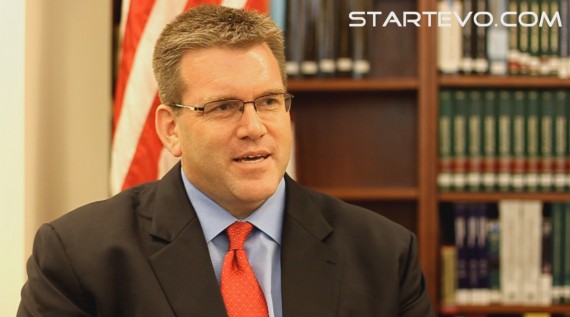
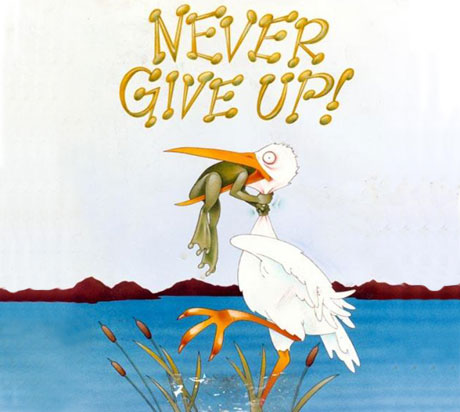

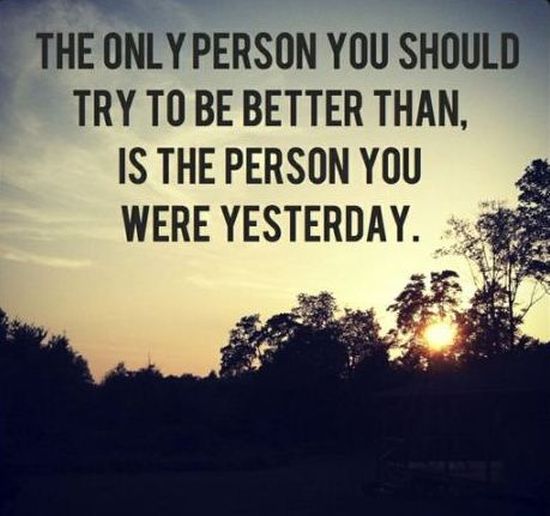
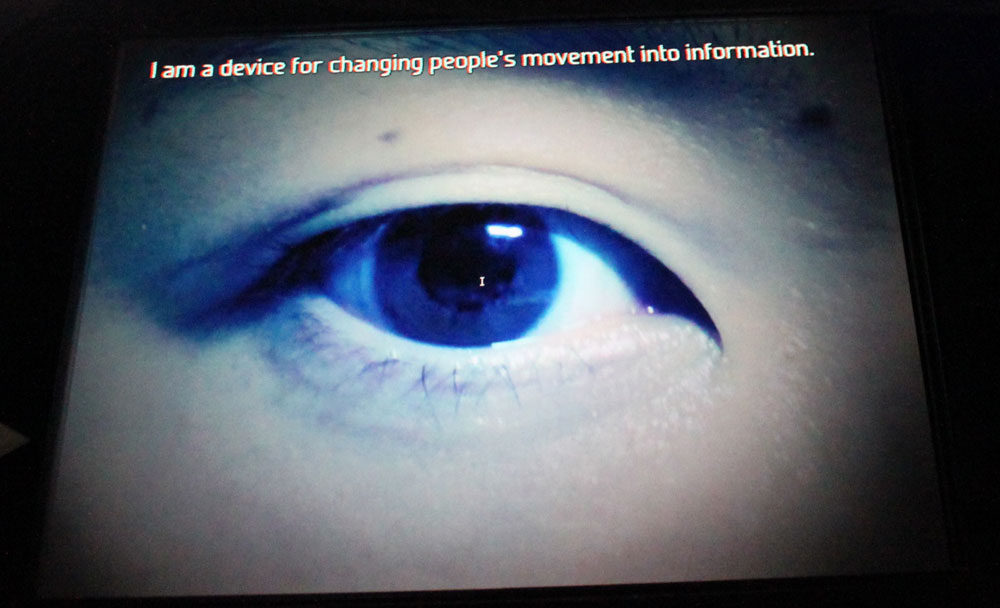

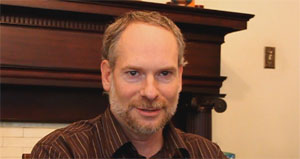
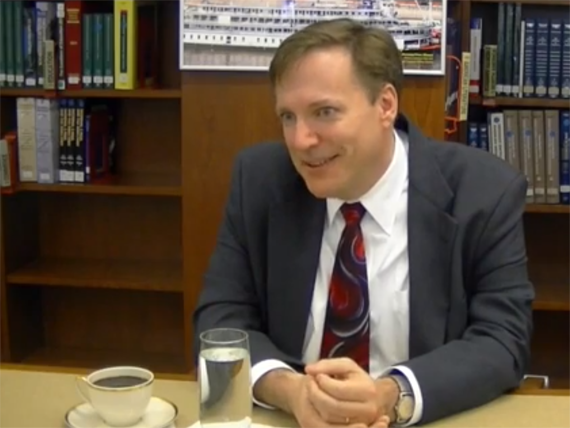

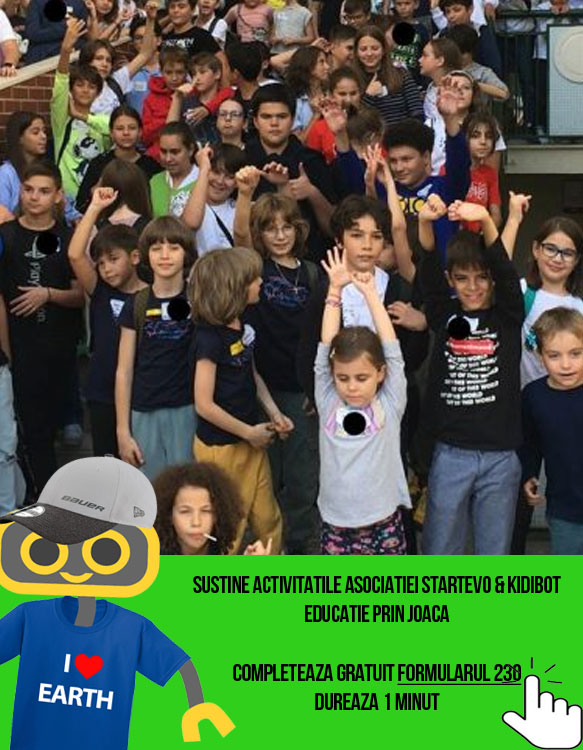
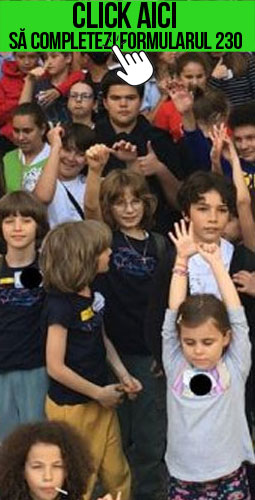


Buna ziua un material cu ilan laufer se poate?multumesc mult!https://www.facebook.com/ilan.laufer.9?fref=ts